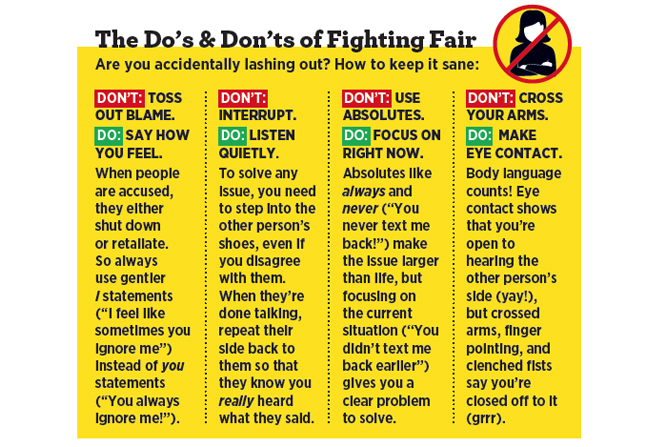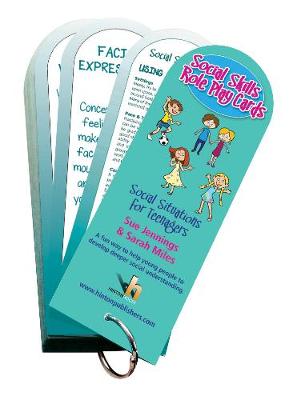

A group of my young learners recently played the roles of pizza chef and customer. Realia and props can really bring a role-play to life. Participant - It is sometimes appropriate to get involved and take part in the role-play yourself.Spectator - The teacher watches the role-play and offers comments and advice at the end.If rehearsal time is appropriate the feeding in of new language should take place at this stage. Facilitator - students may need new language to be 'fed' in by the teacher.At higher levels the students will not need so much support with the language but they will need time to 'get into' the role. When the role-play began the students felt 'armed' with the appropriate language. I recently did a 'lost property office' role-play with elementary adults and we spent time beforehand drilling the structures the students would need to use. Students may need the extra support of having the language on the board. Try to think through the language the students will need and make sure this language has been presented. Role-play is possible at elementary levels providing the students have been thoroughly prepared. Mistakes can be made with no drastic consequences.

Real situations can be created and students can benefit from the practice. In addition to these reasons, students who will at some point travel to an English-speaking country are given a chance to rehearse their English in a safe environment.

'For and Against' debates can be used and the class can be split into those who are expressing views in favour and those who are against the theme.

the choice is endless! Students can also take on the opinions of someone else. Imaginary people - The joy of role-play is that students can 'become' anyone they like for a short time! The President, the Queen, a millionaire, a pop star ……. Role-play is any speaking activity when you either put yourself into somebody else's shoes, or when you stay in your own shoes but put yourself into an imaginary situation! Therefore, if you think positive and have a go, you may be pleasantly surprised! However, if the teacher isn't convinced about the validity of using role-play the activity "will fall flat on its face just as you expected it to" (Gillian Porter Ladousse 1987). If the teacher believes that the activity will work and the necessary support is provided, it can be very successful. Incorporating role-play into the classroom adds variety, a change of pace and opportunities for a lot of language production and also a lot of fun! It can be an integral part of the class and not a 'one-off' event.


 0 kommentar(er)
0 kommentar(er)
